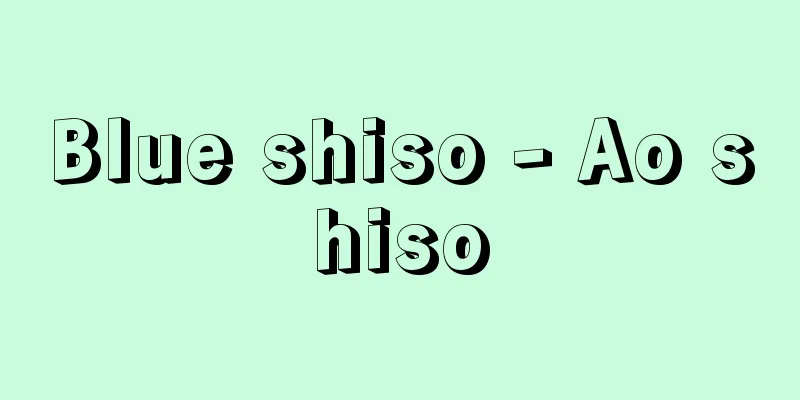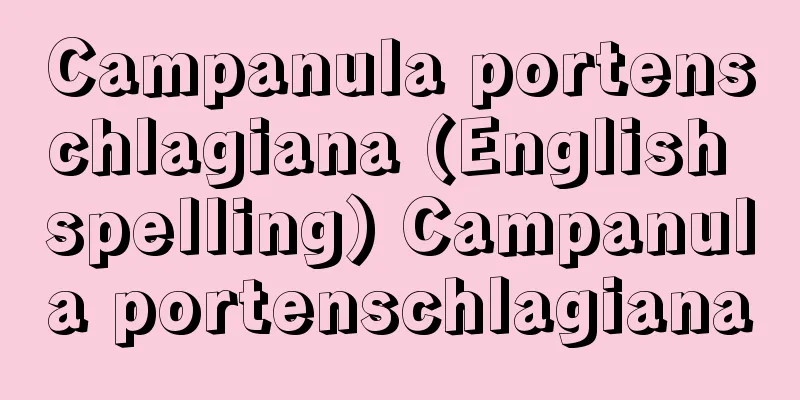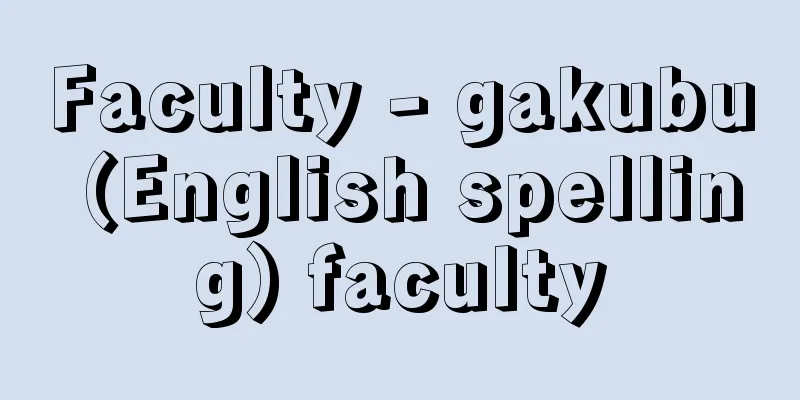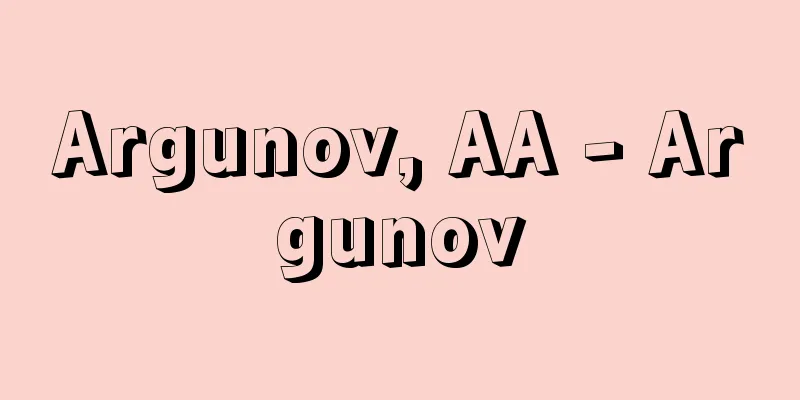Dynamics; potentiality

|
A concept used by Aristotle, which is the opposite of energeia; actuality. He used this concept to explain the generation of things, and believed that things develop from potential existence to actual existence. For example, a seed of a tree is only the potential existence of a tree, but in time the seed of a tree becomes actual and becomes a tree. This concept corresponds to his concept of matter and form. Source: Encyclopaedia Britannica Concise Encyclopedia About Encyclopaedia Britannica Concise Encyclopedia Information |
|
アリストテレスの使用した概念で,現実態 energeia; actualityと対をなす。彼は事物の生成をこの対概念によって説明し,事物は可能的存在から現実的存在へと発展すると考えた。たとえば木の種子は木の可能的存在にすぎないが,やがて木の種子は現実化して木となる。彼のこの概念は,同じく彼の質料と形相という対概念と対応するものである。
出典 ブリタニカ国際大百科事典 小項目事典ブリタニカ国際大百科事典 小項目事典について 情報 |
>>: "Literature of Possibilities"
Recommend
Pseudo-sentences - Gimonjosho
In the Heian period, a person who studied poetry a...
Malay [Islands] - Malay
A general term for the islands between the southea...
Plastic waste - Plastic waste (English spelling)
Plastic waste. It is characterized by almost no ag...
Irumu - Irumu
...In other words, Islam, which referred to faith...
Urich - Urichigo
...They also once traveled to southern Sakhalin, ...
《Robert the Devil》
…In 1816, he went to Italy, where he performed op...
Gatei
...A kyoka poet of the mid-Edo period. Commonly k...
Jewish War - Jewish War
The First Jewish War was a war between the Roman E...
Common Swiftlet - Common Swiftlet
...The wings are long and sickle-shaped, and the ...
slit bunker
...The former generally works on the principle of...
Physical fitness
Almost synonymous with physical strength, it refer...
Ichigyo-ji Temple
A cultivar of maple. The leaves are large, about 1...
Napalm bomb
An oil-based incendiary bomb that uses napalm (a ...
Aviation Law - koukuuho
A law relating to aviation. It is the same as air...
Xylol - Kishiroll
⇒Xylene Source: About Shogakukan Digital Daijisen ...
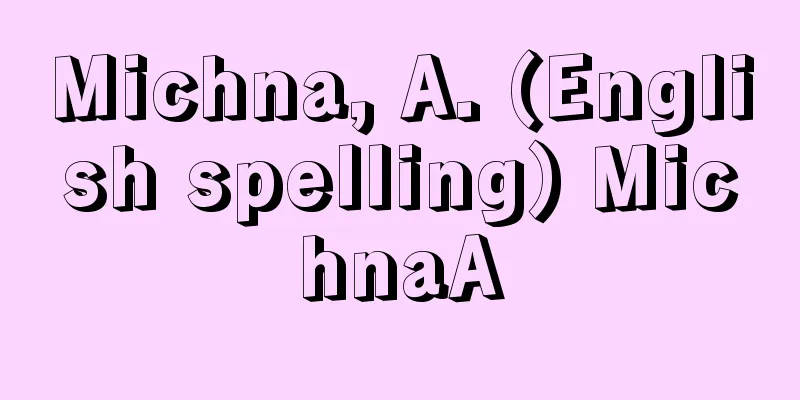
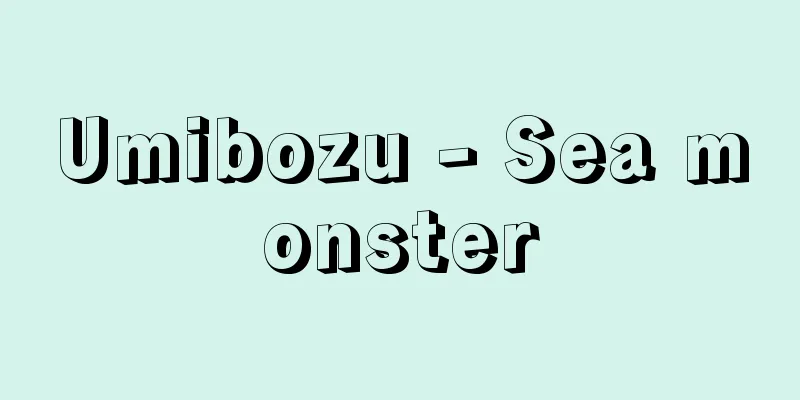
![Yokote [city] - Yokote](/upload/images/67cd1910ed009.webp)
